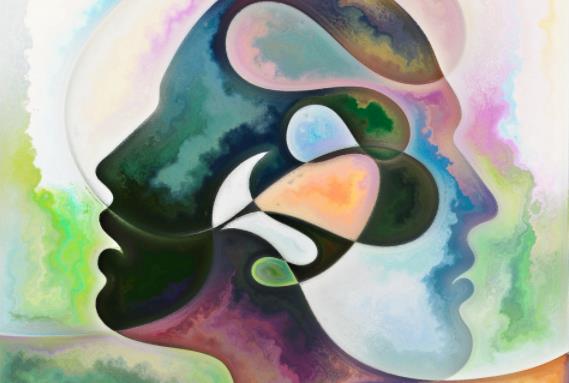

人格测试十六型人格,也称为Myers-Briggs Type Indicator (MBTI),测试基于瑞典心理学家卡尔·荣格(Carl Jung)的理论,将人的个性分为十六种类型。每个类型代表着不同的人格特征、情绪倾向、行为习惯和思维方式。
测试通过一系列问题,评估参与者在四个维度上的偏好:外向(E)与内向(I),感觉(S)与直觉(N),思考(T)与情感(F),以及判断(J)与知觉(P)。根据个人回答的情况,测试会给出一个由四个字母组成的人格类型码,例如ISTJ或ENFP。
通过人格测试十六型人格,你可以更深入地了解自己的个性特征和行为模式,以及你与他人的相处方式。这种自我认知有助于提高自我意识、职业规划、人际关系和个人成长。
人格测试相关文献供你参考:
1.Myers, I. B., & McCaulley, M. H. (1985). Manual: A guide to the development and use of the Myers-Briggs Type Indicator. Consulting Psychologists Press.
2.Costa, P. T., & McCrae, R. R. (1992). NEO PI-R professional manual. Psychological Assessment Resources.
3.Goldberg, L. R. (1993). The structure of phenotypic personality traits. American Psychologist, 48(1), 26-34.
4.John, O. P., & Srivastava, S. (1999). The Big Five trait taxonomy: History, measurement, and theoretical perspectives. Handbook of personality: Theory and research, 2(1999), 102-138.
5.Revelle, W. (2008). The contribution of the cognitive and emotional sources of the MPQ to the identification of the major dimensions of personality. Psychophysiology, 45(6), 1055-1064.